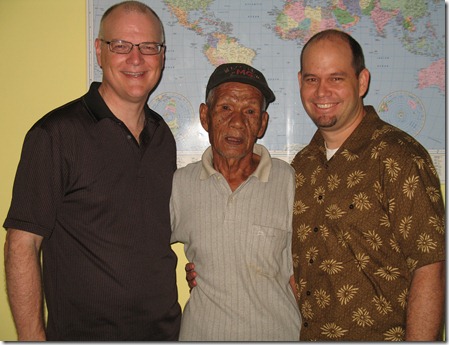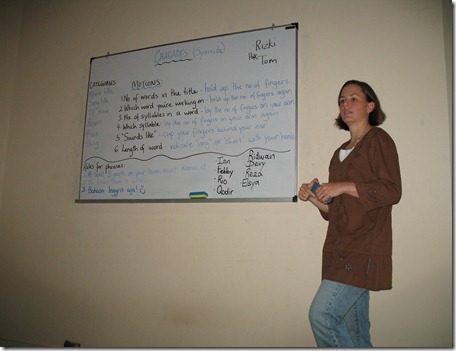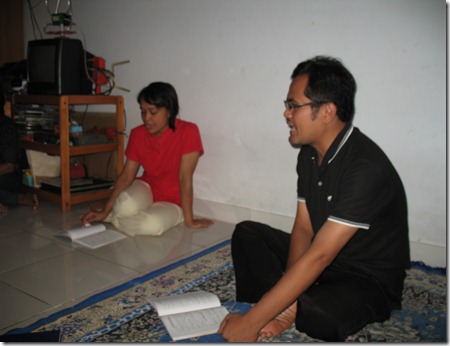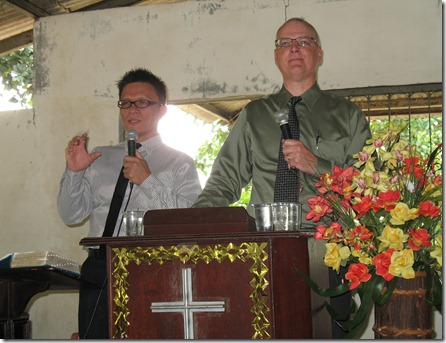This past Sunday we looked at Acts 17 to discern a 7-step process to begin believing. You can listen here. The message was aimed primarily at seekers. As leaders, though, we should also review this text for guidance on how to engage our world.
In Acts 17, we read that Paul is waiting in Athens for his friends to catch up with him. As Paul walked around the city, he noted it was “full of idols”—the Greek text could be translated it was “under” idols, it was overwhelmed with them, overrun with them. And verse 16 says he was “greatly distressed” at this reality.
He shared the message of Jesus with anyone who would listen, and soon someone said, “You need to present your case at the Areopagus.” That’s a Greek word that means Mars Hill, and it was a place where the philosophers of ancient Athens gathered to hear various opinions and then discuss them.
The interesting thing is that, although all the idols and wrong ways of understanding God disturbed him, when he was given a chance to speak, he didn’t blast the people for it. He actually used one of the many idols as a reference to start his message, and he even quoted from two of their familiar pagan poets as a way to support what he was trying to say. Here’s his speech:
Paul then stood up in the meeting of the Areopagus and said: “Men of Athens! I see that in every way you are very religious. 23For as I walked around and looked carefully at your objects of worship, I even found an altar with this inscription: TO AN UNKNOWN GOD. Now what you worship as something unknown I am going to proclaim to you.
24“The God who made the world and everything in it is the Lord of heaven and earth and does not live in temples built by hands. 25And he is not served by human hands, as if he needed anything, because he himself gives all men life and breath and everything else. 26From one man he made every nation of men, that they should inhabit the whole earth; and he determined the times set for them and the exact places where they should live. 27God did this so that men would seek him and perhaps reach out for him and find him, though he is not far from each one of us. 28‘For in him we live and move and have our being.’ As some of your own poets have said, ‘We are his offspring.’
29“Therefore since we are God’s offspring, we should not think that the divine being is like gold or silver or stone—an image made by man’s design and skill. 30In the past God overlooked such ignorance, but now he commands all people everywhere to repent. 31For he has set a day when he will judge the world with justice by the man he has appointed. He has given proof of this to all men by raising him from the dead.”
Now, obviously at this point in the speech, he’s starting to turn the conversation to Jesus, but this whole idea of a dead man alive from the grave brought the whole conversation to an end for the time being. Verse 32 says, “When they heard about the resurrection of the dead, some of them sneered, but others said, ‘We want to hear you again on this subject.’” That was the end of the conversation for that day, but some of them expressed interesting in hearing more later, and verse 33 says some came to believe.
Acts 17 gives us a three-point outline for how to use the surrounding culture to begin conversations about Jesus.
First, know your world.
There’s a guidebook for preaching with the title Between Two Worlds. What a perfect description of anyone who wants to explain the faith to others. You have to know your Bible and you have to know the culture you’re in. Paul knew something about the culture he was in. In Acts 17, you see him walking around Athens, talking with the people, paying attention to their shrines. In fact, he was so well acquainted with their shrines that he could point out the inscription on one of them: “To An Unknown God.”
This also means that he was checking all this out for himself instead of just drawing conclusions about the culture based on what others were saying. That’s a lesson we could learn in outreach to our own culture. Did you notice that Paul quoted not one but two pagan poets that would have been familiar to his listeners?
Paul not only knew his Bible, he knew his world. He knew something about the customs and convictions of the people he was speaking to. You need this, too.
Second, respect your world.
I think it’s interesting that while verse 16 says Paul was deeply disturbed by all the idolatry he saw in Athens, and while verse 18 says that some people derided him and misunderstood him, still when he spoke at Mars Hill, he spoke with great respect. I say that’s interesting because not all of us are as spiritually mature. For a lot of us, if we’re disturbed by what we see and hear, and then if we feel we’re being made fun of or patronized by those around us, it’s hard to speak respectfully. We get defensive and let our conversation be a vent for our frustrations.
Not Paul. He was distressed and yet respectful. He said, “Men of Athens! I see that in every way you are very religious.” Now, I know that some Bible teachers mistakenly think that Paul was being sarcastic there—maybe to justify their own rudeness! But I don’t think of his words as sarcasm. The man who wrote in 1 Corinthians 13, “Love is not rude,” would not act in rudeness when given the chance to present the gospel. No doubt he points out that they have fulfilled their religious impulses in the wrong way, but he acknowledges their spiritual hunger as a starting point for what he wants to say.
This respect extended to accurately quoting from the idol and from their pagan poets. We Christians can be infamous for spreading urban legends through e-mail instead of checking the facts. We show our respect not only by what we say but also by the accuracy with which we talk about someone else’s views.
Third, inform your world.
In other words, show how God’s Word addresses the issues, questions, and concerns you’ve identified through studying your world. That’s what Paul did. He respectfully started with the spiritual interest represented by all the idols, and he focused on that one admission of mystery and ignorance in the idol with the inscription, “To an unknown God.” And then he said, “Let me tell you about that God.” He told about how God created the world, about how people search for God, and about what God expects of us. As I said earlier, you can tell in verse 31 that he’s just starting to talk with them about Jesus when they cut him off. Verses 31-34 say, “‘For he has set a day when he will judge the world with justice by the man he has appointed. He has given proof of this to all men by raising him from the dead.’ When they heard about the resurrection of the dead, some of them sneered, but others said, “We want to hear you again on this subject.” At that, Paul left the Council. A few men became followers of Paul and believed.”
So, Acts 17 gives us a three-point outline for how to use the surrounding culture to begin conversations about Jesus: Know your world, respect your world, and inform your world. As a result, some will sneer, some will say, “Let’s keep talking,” and some will say, “I’m ready to cross the line of faith.”
Let’s ask God for his blessing as we put Acts 17 into practice in our lives.
_________________________________
Each Thursday I post my article from "LeaderLines," an e-newsletter for church leaders read by more than 300 subscribers. If you want to subscribe to "LeaderLines," sign up here.













